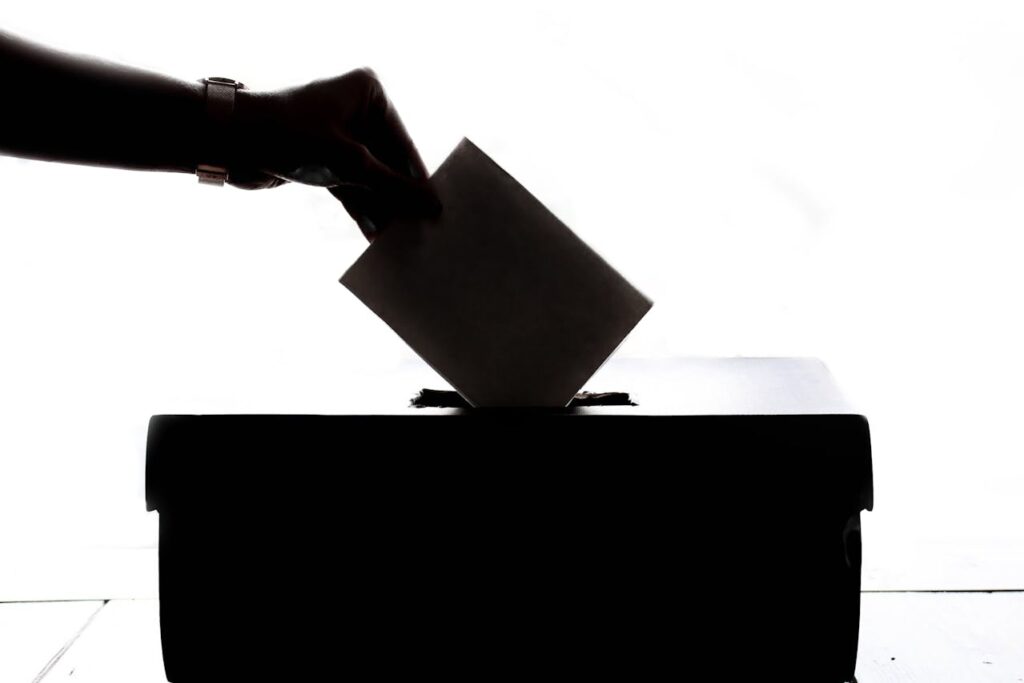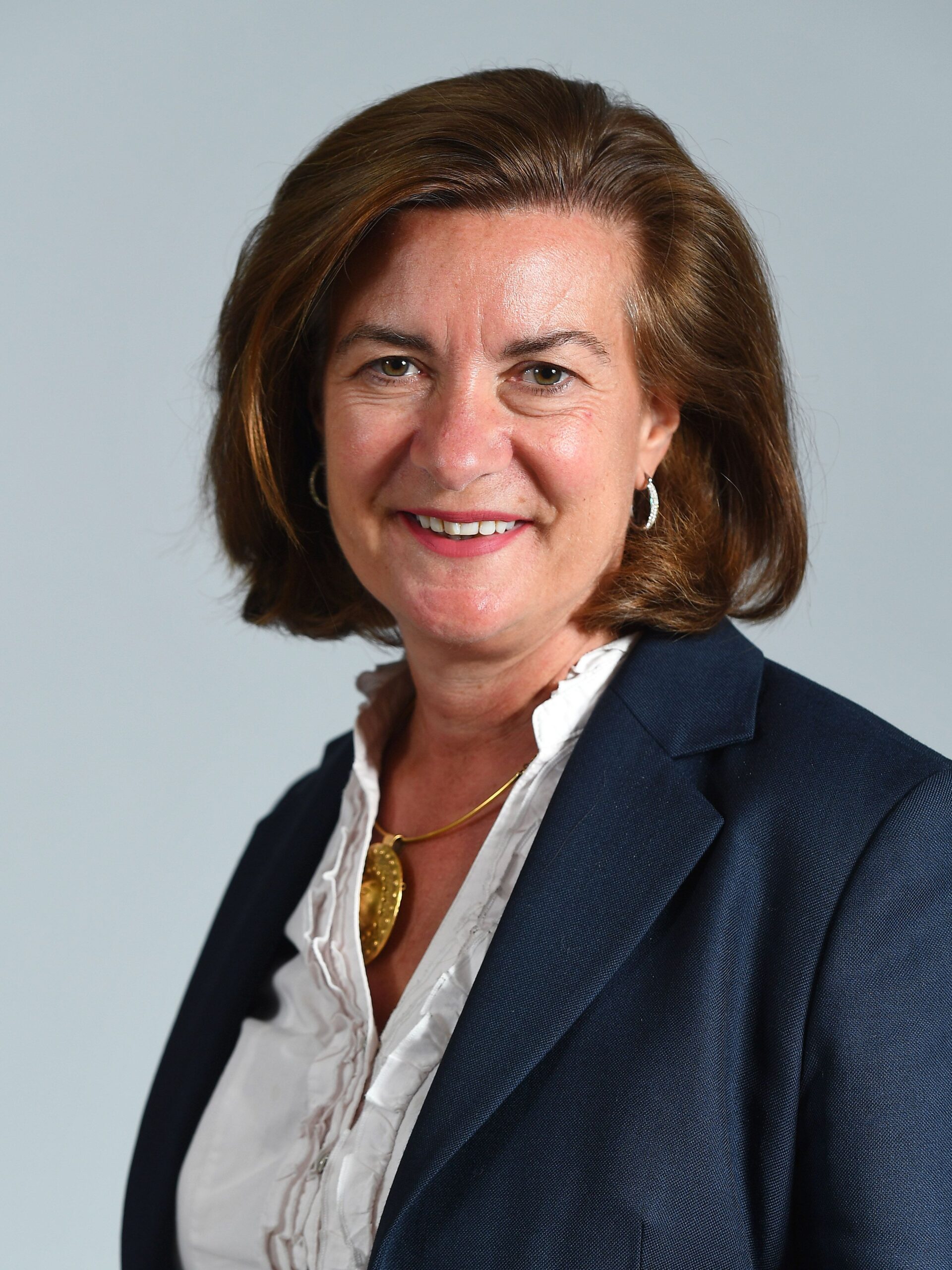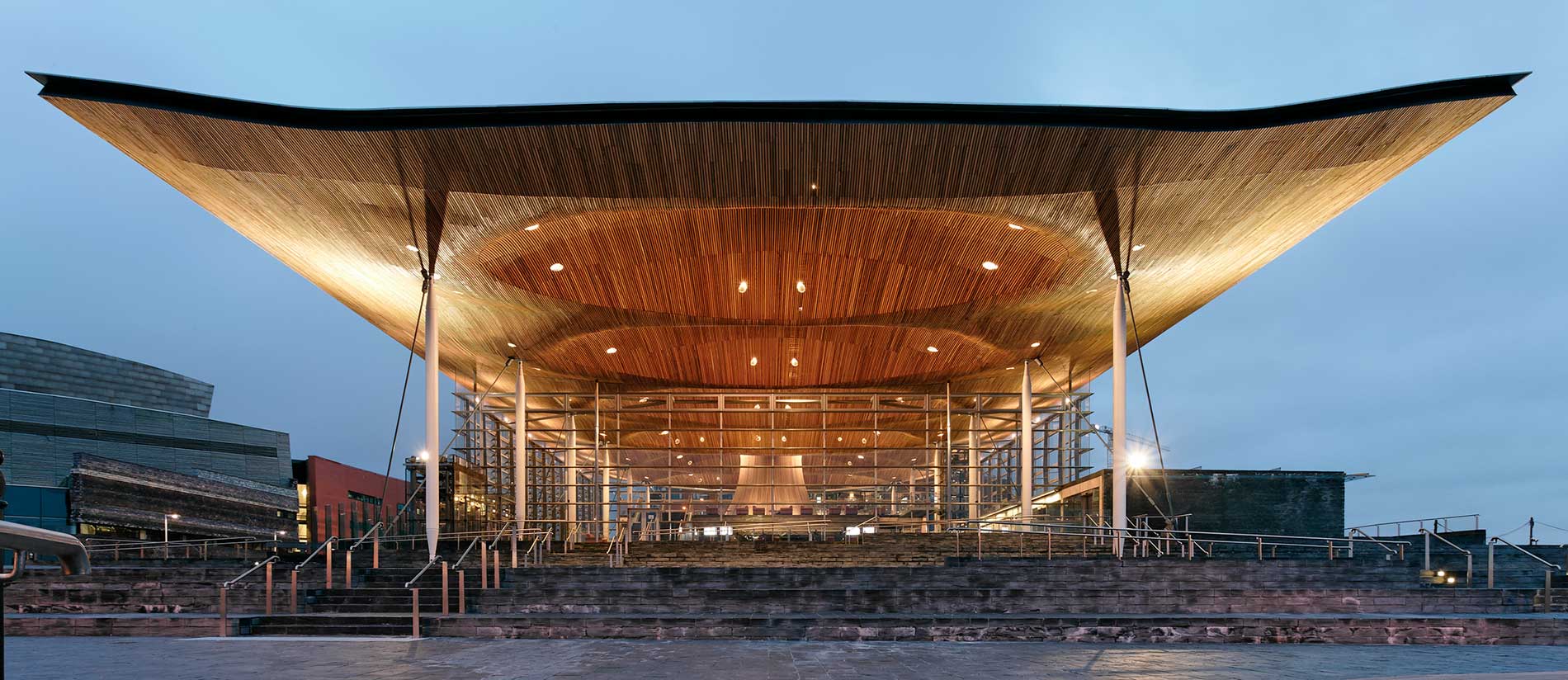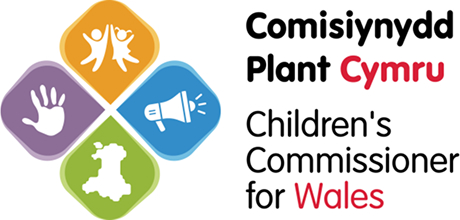Elections in Wales (May 2026) – A Snapshot Survey of Children and Young People in Wales
Read the designed version on this PDF
Introduction
During May 2025 we asked children and young people about the election that will be run in Wales next May 2026.
The survey was part of an ongoing series of topical questions we ask children and young people monthly to hear their views on a variety of issues, called Monthly Matters. It was shared directly with all schools signed up to our children’s rights schemes for primary and secondary schools, as well as community groups.
As part of the survey pack, children and young people were shown a video introducing the topic, and they were asked to consider some questions, like what do they already know about politics and the election, have they ever seen or heard information from political parties and what do they know about the Senedd and the people who are in charge of Wales now. We suggested in our session outline that, following this video, children and young people should have a few minutes to discuss their views with each other before answering the survey. Schools and groups had two options for completing the survey; children and young people could either do it independently, or a teacher or group leader could complete the survey on behalf of the group by answering a different set of questions to give an overview of the discussion.
800 children and young people answered the survey individually. A broad range of ages took part, from children the age of 7 up to 18- year-olds. We received responses from 20 local authority areas.
Questions were developed by the Commissioner’s experienced staff team based on themes that had emerged from previous engagement exercises with children, young people, and professionals.
Questions for children and young people

Secondary School Responses
Next year there will be a Senedd election. Where would you go to find out information about this election? Pick as many as you want.
Ask a parent / carer / trusted adult / family member (112) – 56%
Ask a teacher at school / college (79) – 39% Talk to friends (70) – 35%
Search for information on the internet (68) – 34%
Look at the Welsh Government website (50) – 25%
Look out for information on TV or on the radio (44) – 22%
Look out for information about the election on social media eg TikTok post, X, YouTube (38) – 19%
I’m not interested in information about the election (36) – 18%
Look at the website or social media account of a political party (28) – 14%
Look in newspapers or on online news sites for information (22) – 11%
Talk to a member of a political party or a candidate standing at the election (13) – 7%
Somewhere else (8) – 4%
How would you want to learn about what politicians want to change in Wales? Pick as many answers as you want.
Social media posts and videos (117) – 59%
Information on their websites (69) – 35%
Politicians coming to your school or college (69) – 35%
Booklets (33) – 17%
I’m not interested in learning about what political parties want to change in Wales (33) – 17%
Leaflets delivered to your house (31) – 16%
Something else (4) – 2%
What would you want to know from them? Pick as many answers as you want.
What they will do if they’re in charge of Wales (153) – 77%
What they’ll do for young people (133) – 67%
What they’ll do for people in your local area (98) – 49%
Something else (9) – 5%
What advice would you have for politicians when they’re making things for young people to watch or read?
The highest number of responses related to:
- Make it engaging / interesting / fun
- Make things easy to understand
- Young people-centred policies and content/relevant to young people
Which, if any, of these statements do you think are true?
You can vote online in a Senedd election (113) – 62%
You can go to vote at any polling station (86) – 47%
You must have a passport to register to vote (69) – 38%
You can register to vote in an election on the day of the election itself (63) – 35%
If you’re on holiday or working on the day of an election you can arrange to have a postal vote (60) – 33%
You must take your polling card with you when you vote (59) – 32%
In Wales you can register to vote when you are 14 (51) – 28%
If you are unable to vote yourself, you can appoint someone to vote on your behalf (41) – 23%
If you don’t vote in an election you will be fined (9) – 5%
Even though you haven’t been old enough to vote yourself, have you ever gone along to a polling station with a parent, carer, family member or trusted adult when they voted in an election?
No (105) – 55%
Yes (58) – 30%
I don’t know (29) – 15%
Have you done any of the following things during the last 12 months? Please select all that apply.
None of these (75) – 40%
Been part of a social action team or school council (45) – 24%
Signed a petition (34) – 18%
Agreed with or liked a political message from an influencer (30) – 16%
I don’t know (29) – 16%
Bought – or refused to buy – any products for political or ethical reasons (20) – 11%
Contributed to a discussion or campaign online or on social media (17) – 9%
Contacted a politician, government or local government official about an issue that concerned you (12) – 6%
Posted on social media about an issue that concerned you (12) – 6% T
aken part in a public protest (6) – 3%
Do you know who this is?


Primary Aged Answers



- Newsround
- Other mainstream TV news
- Newspapers Radio
Summary and Conclusion
- Young people answering our survey mainly wanted to learn about politicians’ plans for Wales through social media posts and videos. In free text responses, young people said they wanted information that was engaging and fun, relevant to young people, and easy to understand. Only 17% of children completing the survey were not interested in learning about what politicians wanted to change in Wales.
- The results indicate the valuable role currently played by schools in encouraging children to consume news content. There are high numbers of children who completed the survey consuming news content at school: 68% of primary-aged children said they watch, read, or listen to the news at school, compared to only 34% at home. 75% of children who said they watch, read, or listen to news said they watch the BBC news programme Newsround.
- There is a clear difference between the number of children and young people who recognised the First Minister (8% of secondary and 15% of primary), and the number who recognised the Prime Minister (49% of secondary and 48% of primary) in our snapshot survey. Whilst our results are not nationally representative, they paint a similar picture to previous levels of awareness of devolved politics. As Cardiff University’s Wales Governance Centre concluded in its recent report, there needs to be a concerted and sustained effort to – this must include improving political literacy of children and young people.
What we’ll be doing with the data
- We’ll be writing to political parties ahead of the next Senedd election urging them to make specific content for young people to communicate their manifesto commitments.
- We’ll also be writing to the BBC asking them to consider the feasibility of a Wales-based English-language news programme for children (similar to ‘Newyddion Ni’, which is a Welsh language children’s news programme, produced in Wales), considering the high numbers of children answering our survey who currently watch the UK-wide news programme Newsround
- We have shared the results with the Electoral Commission and the Senedd Commission to help inform their awareness-raising work in Wales.
- We are continuing to support wider engagement work on politics and the Senedd election, working with a variety of partners

